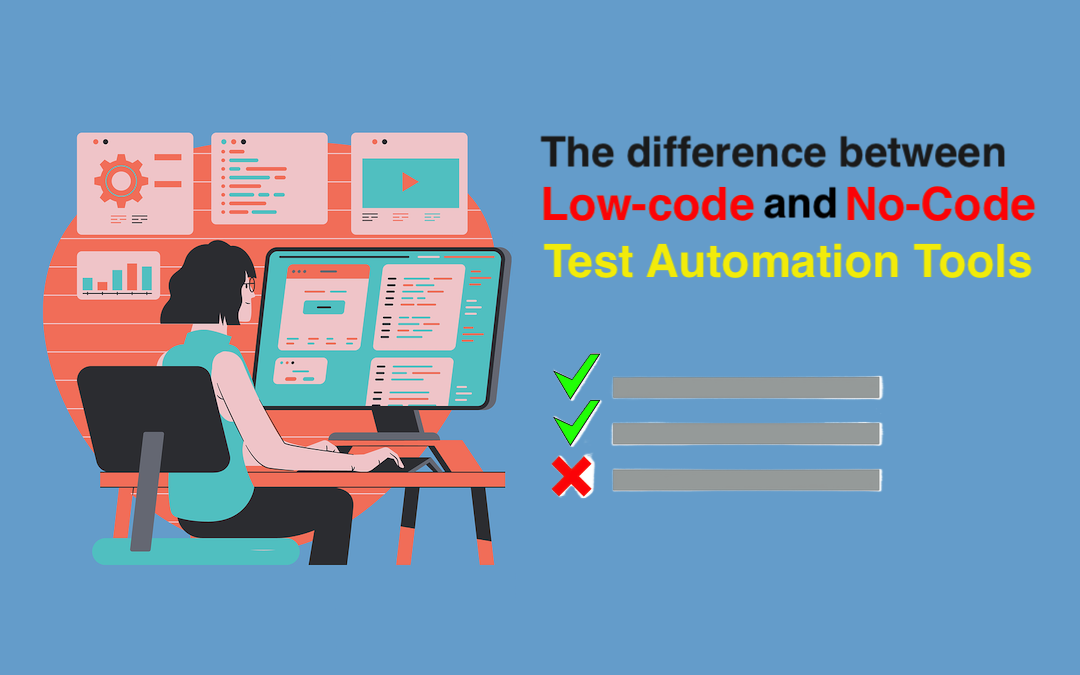
As you know, the difference between a successful app and an unsuccessful one often seems to boil down to quality. End customers seek trouble-free stable performance with convenient highly intuitive UI and seamless UX. With billions of applications that are available on the market, even subtle glitches and minor malfunctions can irritate consumers, who later could uninstall the app or write negative feedback and express their dissatisfaction with the program. To forestall this from happening, try mobile app testing for iOS and Android, checking the product that you offer.









